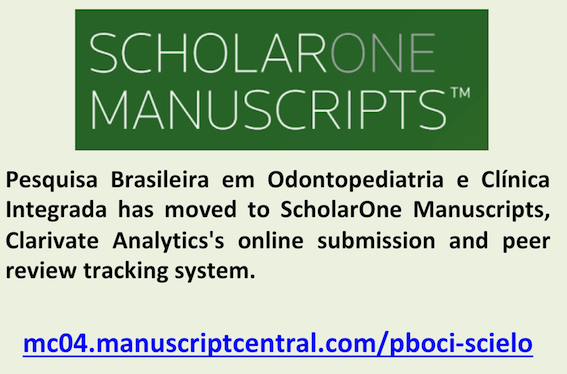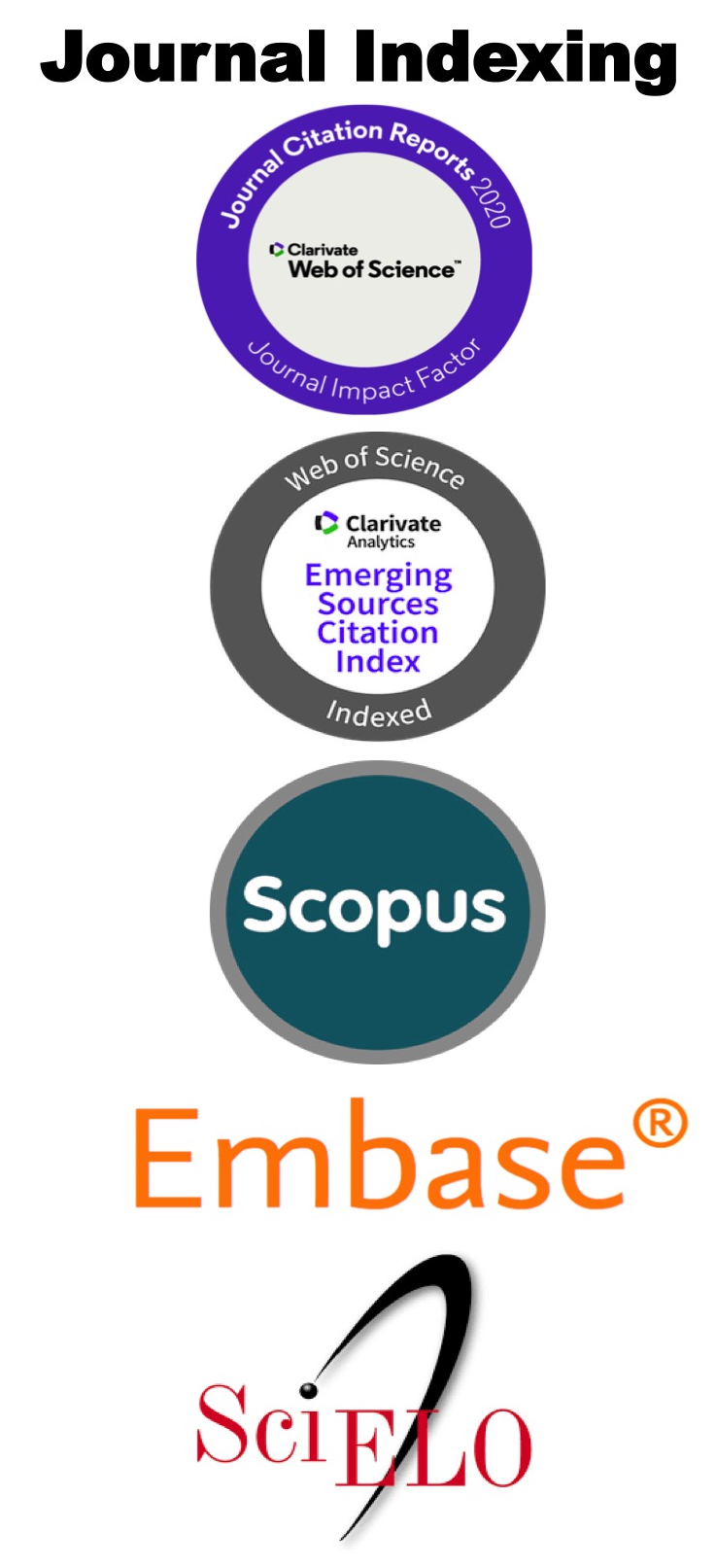Knowledge, Attitude and Practices Regarding Consumption of Carbonated Soft Drinks Among the Dental Students: A Cross-Sectional Study
Keywords:
Carbonated Beverages, Soft Drinks, Knowledge, Attitude, PracticeAbstract
Objective: To assess and evaluate the knowledge, attitude, and practices regarding the consumption of carbonated drinks among dental students. Carbonated drinks are pervaded by carbon dioxide and have more adverse effects since they are acidic in nature. Nowadays, these are consumed more widely globally, causing many systemic diseases; diabetes and obesity are common. Material and Methods: This study includes 204 individuals belonging to the age group of 18-26 years. A self-structured objective type cross-sectional questionnaire survey was conducted to assess the knowledge, attitude, and practice of dental students regarding carbonated drinks. The participants were instructed to mark the most appropriate correct answer from the given list of close-ended type questions. Results: Of 204 dental students, the study population includes 125 female and 79 male students. 98.5% of the students knew about carbonated drinks, while 1.5% were unaware. Conclusion: Most participants preferred to have carbonated drinks even with their awareness about the ill effects of these drinks. Possible implications by the government authorities may probably increase awareness among the population.References
Medical Dictionary. Carbonated drink. (n.d.). 2009. Available from: https://medical-dictionary.thefreedictionary.com/carbonated+drink. [Accessed on Sept 26, 2021].
Medical Dictionary. Soft drink. (n.d.). 2009. Available from: https://medical-dictionary.thefreedictionary.com/soft+drink. [Accessed on Sept 26, 2021].
Al Otaibi HH. Sugar sweetened beverages consumption behavior and knowledge among university students in Saudi Arabia. J Bus Econ Manag 2017; 5(4):173-6. https://doi.org/10.18178/joebm.2017.5.4.507
Alnusayri MO, Khattak AU, Gudipaneni RK, Patil SR. Knowledge, attitude and practices regarding carbonated beverages among the population of Aljouf Province. Int J Med Res Prof 2017; 3(1):80-3. https://doi.org/10.21276/ijmrp.2017.3.1.014
Alsukait R, Wilde P, Bleich SN, Singh G, Folta SC. Evaluating Saudi Arabia’s 50% carbonated drink excise tax: Changes in prices and volume sales. Econ Hum Biol 2020; 38(100868):10-6. https://doi.org/10.1016/j.ehb.2020.100868
Rangan A, Hector D, Louie J, Food V, Gill T. Soft drink, weight status and health. Sysney: NSW Centre for Public Health Nutrition. 2009.
Alsubaie AS. Consumption and correlates of sweet foods, carbonated beverages, and energy drinks among primary school children in Saudi Arabia. Saudi Med J 2017; 38(10):1045-50. https://doi.org/10.15537/smj.2017.10.19849
Al-Dlaigan YH, Al-Meedania LA, Anil S. The influence of frequently consumed beverages and snacks on dental erosion among preschool children in Saudi Arabia. Nutr J 2017; 16(1):1-6. https://doi.org/10.1186/s12937-017-0307-9
Sabbah W, Folayan MO, El Tantawi M. The link between oral and general health. Int J Dent 2019; 2019:1-2. https://doi.org/10.1155/2019/7862923
Nitya R, Meera S, Vinod S. Knowledge, attitude and practices regarding consumption of carbonated beverages among school children residing in New Delhi and Ghaziabad. Glob J Med Res 2015; 15:18-23.
Kharde AL, Deshpande JD, Phalke DB. Knowledge, attitude and practices (KAP) regarding carbonated drinks among students of medical college of Western Maharashtra. Int J Med Sci Public Health 2013; 2(4):912-5. https://doi.org/10.5455/ijmsph.2013.250620133
Gupta R, Solanki A, Sharma S, Gumber P, Sharma A, Upadhyay R. A Knowledge, attitude and practices of soft drinks among adolescent students and their dental health: a questionnaire study. Int J Dent Health Concern 2015; 1(1):8-12. https://doi.org/10.15713/ins.ijdhc.3
Downloads
Published
How to Cite
Issue
Section
License
Copyright (c) 2022 Pesquisa Brasileira em Odontopediatria e Clínica Integrada

This work is licensed under a Creative Commons Attribution-NonCommercial 4.0 International License.



